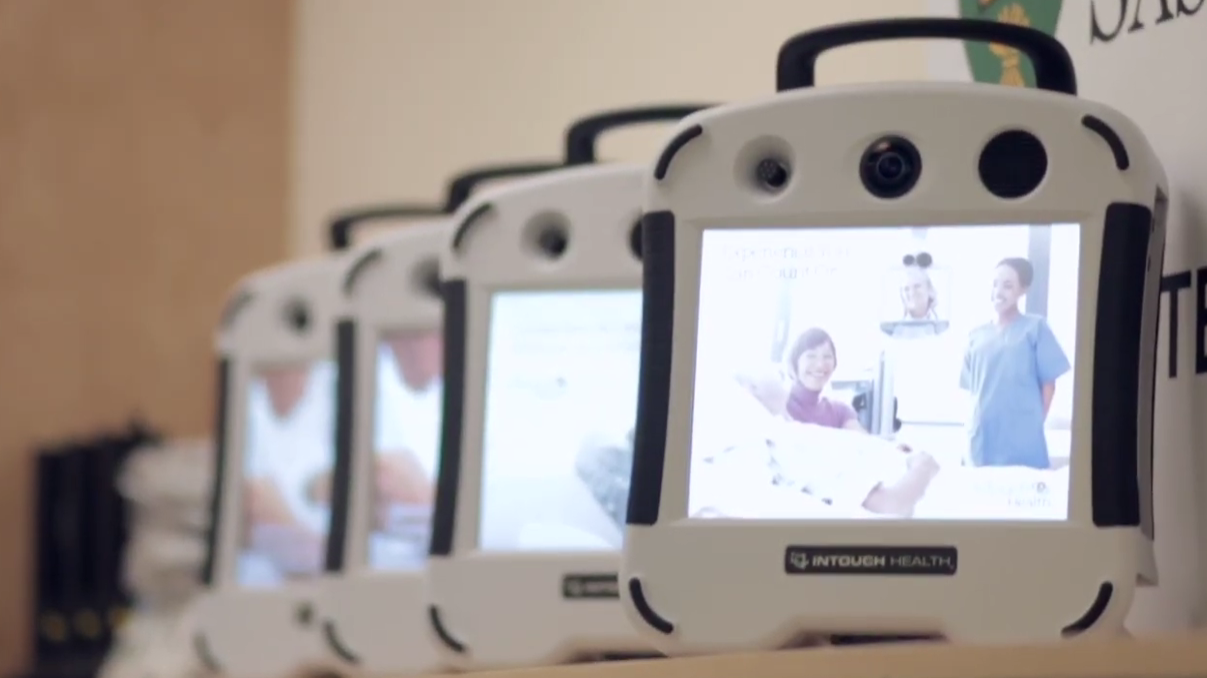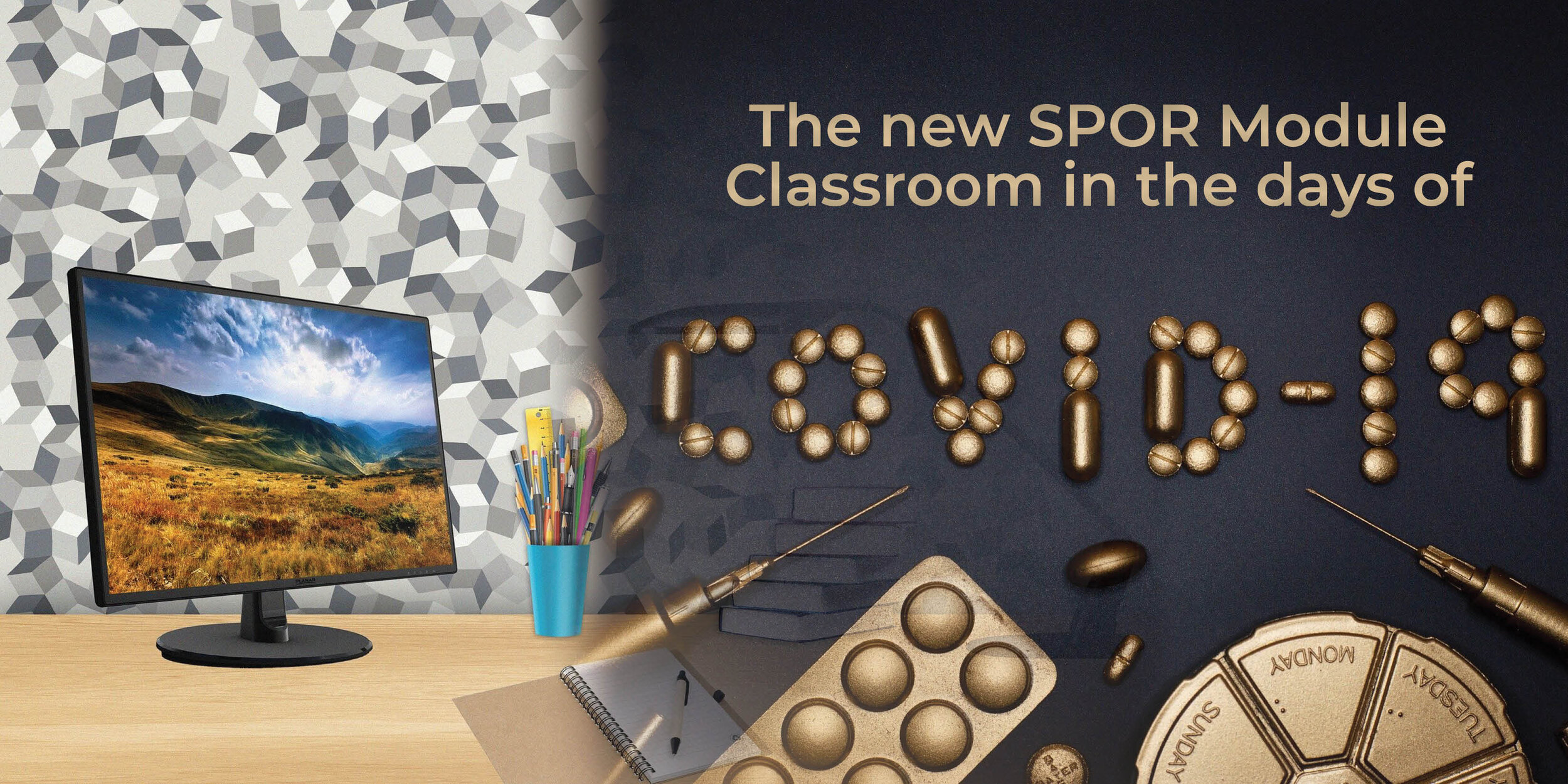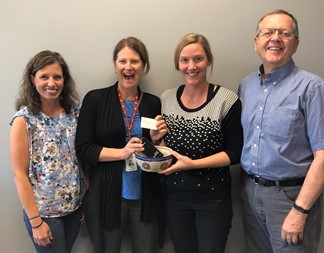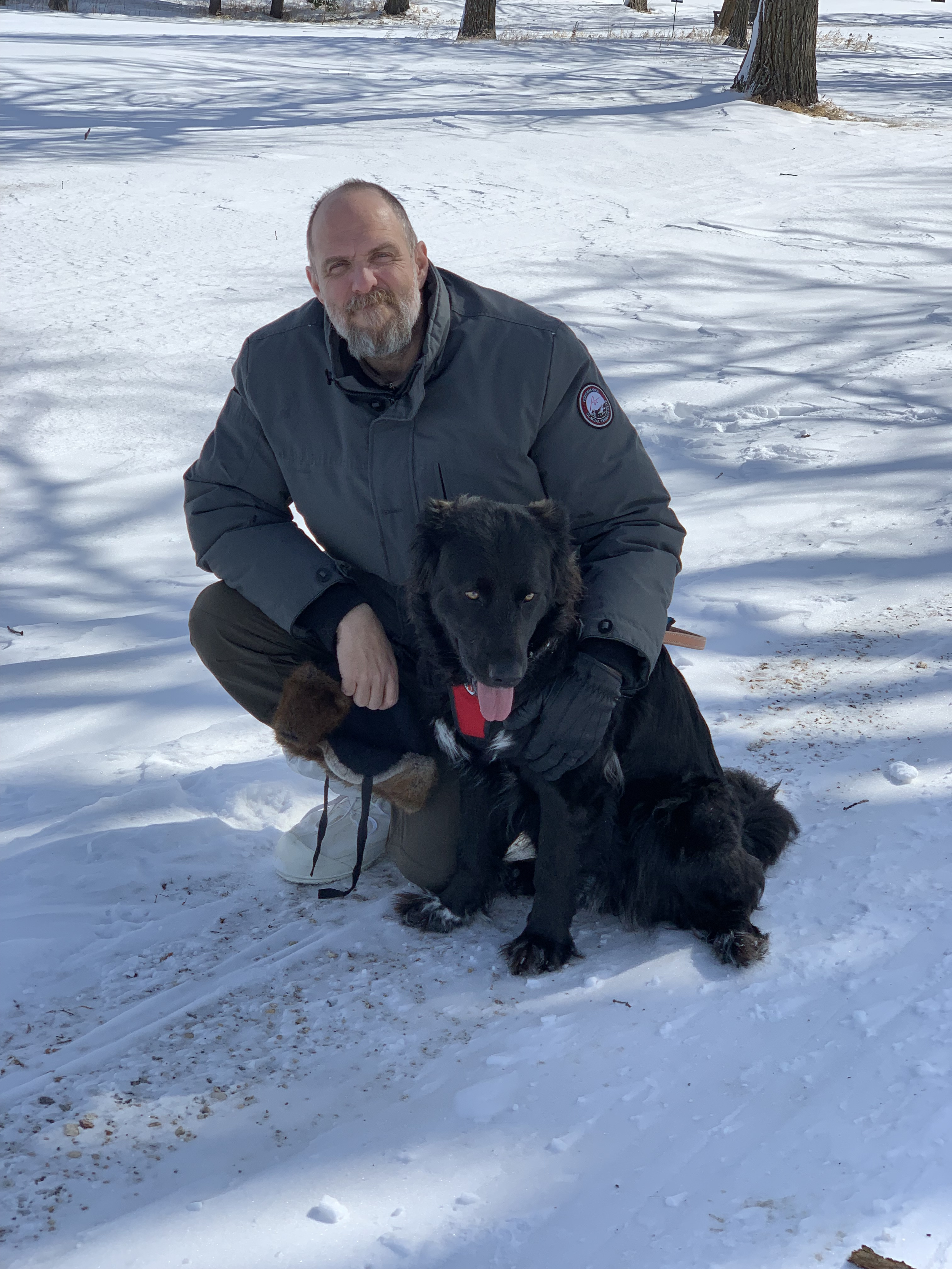
Impact Stories
Stories of Impact
Fifteen research teams are now actively analyzing Saskatchewan population health data through the Health Research Data Platform – Saskatchewan (HRDP-SK). This marks a significant increase in researchers using real health system data to understand the health of Saskatchewan people and health services.
A pivotal milestone in health data has been achieved with a new database added to the Health Data Research Platform – Saskatchewan (HRDP-SK). The decade long journey to consolidate mental health and addictions data in our province and make it available for research will come to fruition, and the impacts will benefit people and healthcare throughout Saskatchewan.
Sometimes the best ideas come to you, as if in a dream. That’s how it happened for Dr. Tracey Carr after pondering how she was contributing to a patient-centred measurement (PCM) working group. How was her organization adding value to the team? When she opened her eyes the next morning, suddenly the answer was clear: engage students to do healthcare research!
When the Saskatchewan Centre for Patient-Oriented Research (SCPOR) and Saskatchewan Polytechnic (Sask Polytech) established a research traineeship, they imagined its potential for advancing patient-oriented research in Saskatchewan. Two past recipients, Dr. Madeline Press and later Dr. Michelle Pavloff, have since seen not only their own research and careers soar, but the overall research program at Sask Polytech as well, thanks largely to this partnership.
Dr. Stacey Lovo first engaged with the Saskatchewan Centre for Patient-Oriented Research (SCPOR) in 2015 while researching chronic back pain management using remote presence robotics in rural Saskatchewan. The project was a collaborative effort that began with relationship development between researchers, Peter Ballantyne Cree Nation Health Services experts, and the community of Pelican Narrows. While evaluating the longstanding back pain management project, Elders and Knowledge Keepers identified the need to conduct similar research for pediatric rehabilitation, which Stacey and her team is now researching through a Saskatchewan Health Research Foundation Establishment Grant and SCPOR partnership.
What happens when loved ones are no longer able to visit patients in Intensive Care Units (ICU)? It was a question that ICU physician with the Saskatchewan Health Authority (SHA) Dr. Sabira Valiani quickly came to learn the answers to when, amid the COVID-19 pandemic, hospitals abruptly restricted patient visitation in ICUs. The change was drastic and its impact immediate, prompting her, along with University of Saskatchewan (USask) researcher Dr. Jennifer O’Brien, to initiate a project to further investigate the issues.
Little research data exists about trans people in Saskatchewan. Principal Investigator Dr. Stephanie Madill and Dr. Megan Clark were asked by a community organization supporting people with lived experience to address this issue.
The commitment of $25.2 million in new funding from the Canadian Institutes for Health Research (CIHR) and partner institutions will enable the Saskatchewan Centre for Patient-Oriented Research (SCPOR) to build on the strong foundation it has established over the past five years and focus on continuing to improve the quality of health services for residents.
One of the features of patient-oriented research is that patients identify research priorities – the things most important to the people affected by the research. Patient Partners play a similar and equally important role in the Saskatchewan Centre for Patient-Oriented Research (SCPOR). They have unique perspectives and valuable life-experience that no amount of formal education can achieve, and so SCPOR staff work with Patient Partners in almost everything we do – it just makes sense!
Truth and Reconciliation: Our Journey to Equitable, Accessible Healthcare in Saskatchewan is the theme for the keynote panel at 2021 Saskatchewan Health Research Showcase, co-hosted by Saskatchewan Centre for Patient-Oriented Research (SCPOR) and the Saskatchewan Health Authority. It’s a topic that deserves more attention, and one that is a core consideration in the work SCPOR does. One of the panelists for this keynote event is Patient Partner and Indigenous advocate Maggie King. She shares her insights with us here.
Abdalla Karoyo has long held an interest in water quality. But what drove him to his current research project was the element of community. “Water quality has been my interest for a long time. The fact that there is a community involved makes this project even more important, because there’s another dimension – a very important dimension!” says Karoyo.
When Michelle Pavloff sat down at a farm-to-table restaurant to meet with her patient-oriented research (POR) team for the first time, she didn’t know just how significant the input from her patient family partners would be, nor what an impact farm culture would have on the direction of her project.
Relationships play a significant role in patient-oriented research (POR). Whether it is the relationship between research team members, with participants or even with the research itself, different relationships provide different perspectives. What Roslyn Compton and her team have learned while researching in long-term care (LTC) in Saskatchewan is that relationships are at the core of everything they do, and that by focusing on the dynamics each relationship brings to the team, they are able to learn more and achieve more meaning in their work.
When Jordan Woodsworth was determining her PhD research topic, she knew she wanted to combine two of her passions: animal care and community. Immediately, she thought of work she had been doing in the La Ronge area through her role as Clinical Associate Veterinarian with the University of Saskatchewan, Western College of Veterinary Medicine, and realized she could use her research to improve veterinary services by evaluating the accessibility and effectiveness of the semi-annual clinics in underserved communities.
When COVID-19 hit and SCPOR closed its physical offices and put a hold on all in-person training and events, the concept of moving SPOR Module training online was not new. While the uncertainty about the pandemic left many to “wait and see” how best to move forward, SCPOR took a proactive approach in addressing the training issue.
SCPOR trainee José Diego Marques Santos works for the SPROUT Grant award-winning team lead by Dr. Juan-Nicolás Peña-Sánchez. This project is called “Understanding and advocating for Miyo-Mācihowin (good health and well-being) among Indigenous Peoples living with Inflammatory Bowel Disease”
When it was first created in February of 2019, SCPOR’s Affiliated Researcher Alliance – or ARA – had less than a dozen members. Today that membership has grown to more than 70 researchers from a variety of research fields across Saskatchewan.
SCPOR's official launch of its Mental Health and Addictions Research Program on September 30th at Saskatoon's Alice Turner Library drew a diverse crowd that included patient advisors, researchers, and health system leaders.
When a research project sees high recruitment rates, it speaks to the engagement and relevance of the research topic. That is the experience one research team has had recently, led by Drs. Sarah Donkers and Katherine Knox from the College of Medicine at the University of Saskatchewan.
With the recent launch of the provincial electronic health record (EHR) portal, patients across Saskatchewan may be wondering what this means for them or how they can access this information.
“SPOR is allowing research to move the dial to put knowledge into practice and make change for patients.”
Anyone striving to make improvements to healthcare will tell you, informed healthcare interventions require hard evidence.
Dr. Nancy Santesso, is Deputy Director of Cochrane Canada, an organization which specializes in turning evidence generated through research into useful information for making everyday decisions about health. As she simply puts it, “People need evidence to make decisions.”
But how to actually gather the evidence in the first place is an area where patients, researchers, and practitioners often struggle.
Paul de Groot first met Raven on a Saturday night in September, 2018. He was walking along the Saskatchewan River with Service Dog trainer Colleen Kidd, who had brought with her a young, black and white Border Collie named Raven. Raven had been in and out of foster care, owned by a family and then returned. She was eventually picked up by Colleen who was looking for animals to be part of an innovative research project she is involved in with the Canadian Service Dog organization AUDEAMUS. The team is looking at the impact of service dogs on the lives of veterans who problematically use opioids and other substances.
Dogs have always been a big part of Linzi Williamson’s life. She says she used to think she had a fairly solid understanding of dog psychology and basic dog training having owned several dogs growing up, as well as having cared for the dogs of close friends and colleagues. She admits it was only after she began service dog training with AUDEAMUS as part of her trainee experience that she realized there was so much more to learn.
Saskatchewan mothers shaping research aimed at improving the birthing experiences of Indigenous women
Jessica Dieter will never forget the reassuring and beautiful words of the people in her community following the birth of her baby boy Lennox.
A small proportion of the population consumes the majority of health care resources.
Patient-Oriented Research brings lived experience to Research Design
Studies have suggested that over 70 percent of Canadians have been exposed to at least one traumatic experience in their lifetime. These experiences can have a direct or indirect impact on a person’s overall mental and physical health and can lead to mental illness, chronic illness, addictions, a reduced quality of life, even suicide.
A Conversation with Carrie Pratt
Carrie Pratt is a graduate student in the Masters Thesis Program in the College of Nursing at the University of Saskatchewan. She began working with the University of Saskatchewan’s Dr. Angela Bowen on an innovative and collaborative patient-oriented research team made up of researchers and six mother advisors called “Bringing Birth Back: Improving Access to Culturally Safe Birth in Saskatchewan”. The team was recently presented an Excellence Award for having the top SPROUT grant in the 2018 SHRF-SCPOR SPROUT grant competition.
We had a chance to sit-down with Carrie to talk about her trainee experience.
Farha Akhtar had a chance to sit down with Dr. Bowen to discuss her innovative, SPROUT research project, 'Bringing Birth Back: Improving Access to Culturally Safe Birth in Saskatchewan." She also shares some insight about being a POR researcher.






























